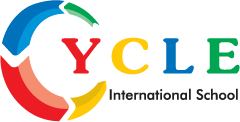Chess is one of the oldest games of mankind. It emerged in the XV century in Europe. The game is a great ally of learning and from 2017 chess lessons began to form part of Cycle International School curriculum.
The benefits of chess are many being also a great ally for childrens instruction. It’s importance is so great that Unesco (United Nations Educational, Scientific and Cultural Organization) has been stimulating the practice of this
game in the school ambience. The organization even created a School Chess Committee to discuss the issue.
In kindergarten, the childrens learn to play gradually, through play activities that can present the pieces and their functions to childs. The game manages to work on various cognitive aspects of the childs. Among them are:
• Development of reasoning and concetration:the board game allows a series of different moves. But for this, the childs must first understand his rules and stay focused on his opponent move. The main characteristics of chess is the ease with which the child can develop concetration, is a fundamental factor for this game.
• Develop patience:the childs are imperative and can do many tasks at the same time. The eagerness to know the world is one of the main characteristics at this stage. In an increasingly connected and multitasking world, childrens chess is counterpoint. During a move, for example, you have to wait for your opponent movement to plan the next step.
• Instigates the imagination:the board allows infinite possibilities of moving the pieces. During the game childs can work on creativity better to structure plays.
The benefits of chess can be lifelong, used on many occasions and circumstances, going beyond entertainment. The chess classes held at Cycle take place every Friday and are taught by André Santiago teacher.
During the classes the childs learned the names and functions of each of the pieces. The basic moves are taught gradually until childs feel free to start the classic game.




